 Classroom music educators are taught and encouraged to be music advocates, especially when music programs are in danger of being cut due to budget restraints. Regardless of your stance on the inclusion of music education in public schools, Independent Music Teachers are certainly advocates of music in general, and perhaps also for the rest of the arts.
Classroom music educators are taught and encouraged to be music advocates, especially when music programs are in danger of being cut due to budget restraints. Regardless of your stance on the inclusion of music education in public schools, Independent Music Teachers are certainly advocates of music in general, and perhaps also for the rest of the arts.
On nearly a daily basis, I see articles coming through my facebook feed or Pinterest feed about how “music makes you smarter.” And I have often seen “Why Study Music?” lists on piano studio websites, listing research articles that suggest that music study can improve your cognitive and social skills.
Why do piano teachers tout these articles before parents, suggesting that these are the reasons children should take piano lessons?
Let’s get real. Is that why YOU took piano lessons as a child? Because you wanted to get smarter? Is this why YOU teach piano lessons? To make children smarter?
Even if it may be true that studying music makes you “smarter,” it is not a very good reason to take lessons or encourage others to take lessons. If we are really in search of the activity that will make us or our children the smarter, then someone should do a research study to discover which activities are the best for brain development. And guess what — music might not win. Who knows — maybe chess or tennis is better for your brain. Or yoga or karate or computer programming.
The problem here is that we are confusing the VALUE of music with the SIDE BENEFITS of music study.
Yes, music study can impart important life skills such as creativity, concentration, dedication, diligence, and perseverance. But this is not why I love music. And this is certainly not why I am a piano teacher. Continue reading “Music Advocacy and the Independent Music Teacher” →
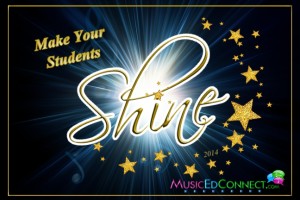 Just a quick post to announce the randomly selected winner of the giveaway for FREE registration for the 2014 MusicEdConnect.com conference!
Just a quick post to announce the randomly selected winner of the giveaway for FREE registration for the 2014 MusicEdConnect.com conference!

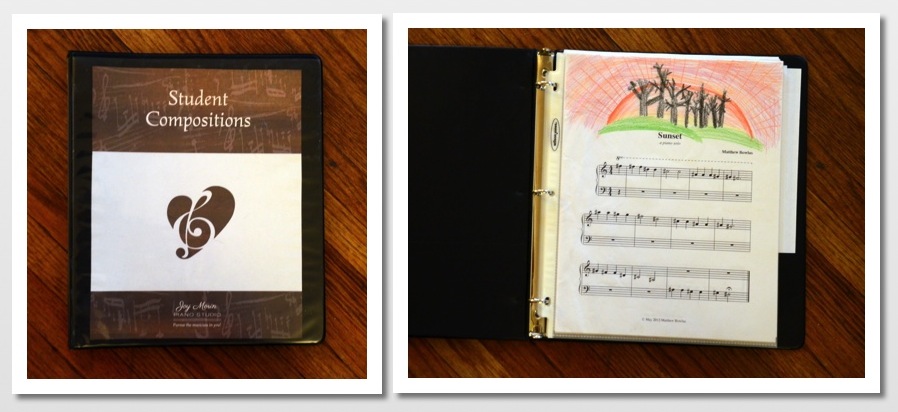
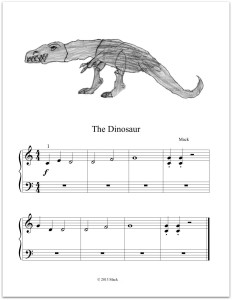 For the past six months, I have been working on a new resource to help piano teachers compose and improvise with their students. I am going to give you the full scoop on the new resource soon, but I wanted to introduce the resource with this article discussing how composition can be used in the private piano lesson. Update: the new “Composition & Improvisation Prompts for Piano” eBook is now available
For the past six months, I have been working on a new resource to help piano teachers compose and improvise with their students. I am going to give you the full scoop on the new resource soon, but I wanted to introduce the resource with this article discussing how composition can be used in the private piano lesson. Update: the new “Composition & Improvisation Prompts for Piano” eBook is now available 
 Classroom music educators are taught and encouraged to be music advocates, especially when music programs are in danger of being cut due to budget restraints. Regardless of your stance on the inclusion of music education in public schools, Independent Music Teachers are certainly advocates of music in general, and perhaps also for the rest of the arts.
Classroom music educators are taught and encouraged to be music advocates, especially when music programs are in danger of being cut due to budget restraints. Regardless of your stance on the inclusion of music education in public schools, Independent Music Teachers are certainly advocates of music in general, and perhaps also for the rest of the arts.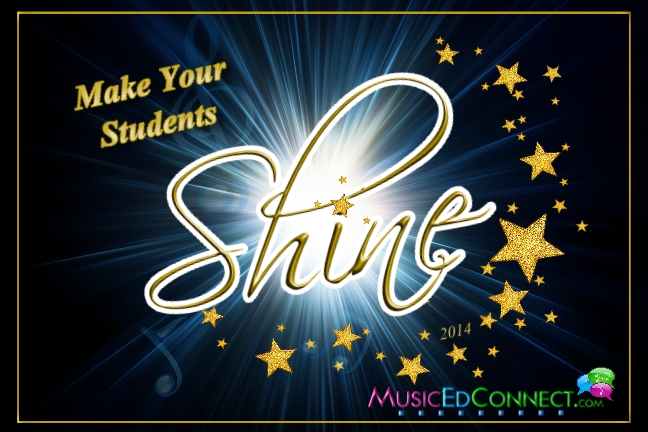

 Technology on a Budget, by Andy Villemez and Dr. Michelle Conda
Technology on a Budget, by Andy Villemez and Dr. Michelle Conda
 Practical Tips to Solve Common Issues in Teaching Advanced Transfer Students, by Siok Lian Tan
Practical Tips to Solve Common Issues in Teaching Advanced Transfer Students, by Siok Lian Tan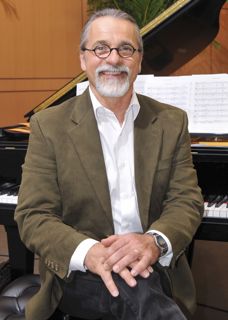
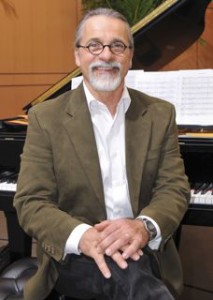 Improvising Is For Everyone, by Bradley Sowash
Improvising Is For Everyone, by Bradley Sowash